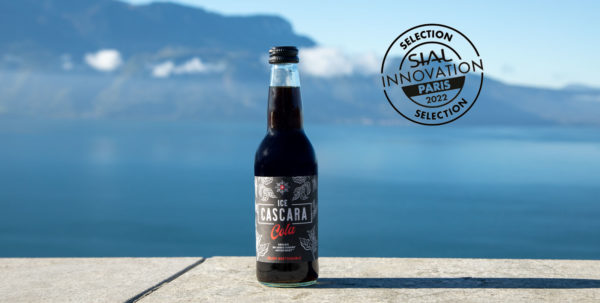
The first Swiss upcycling cola to be discovered at SIAL
The company Ecocascara SA, innovator in Europe in the use of water-soluble...
Read this article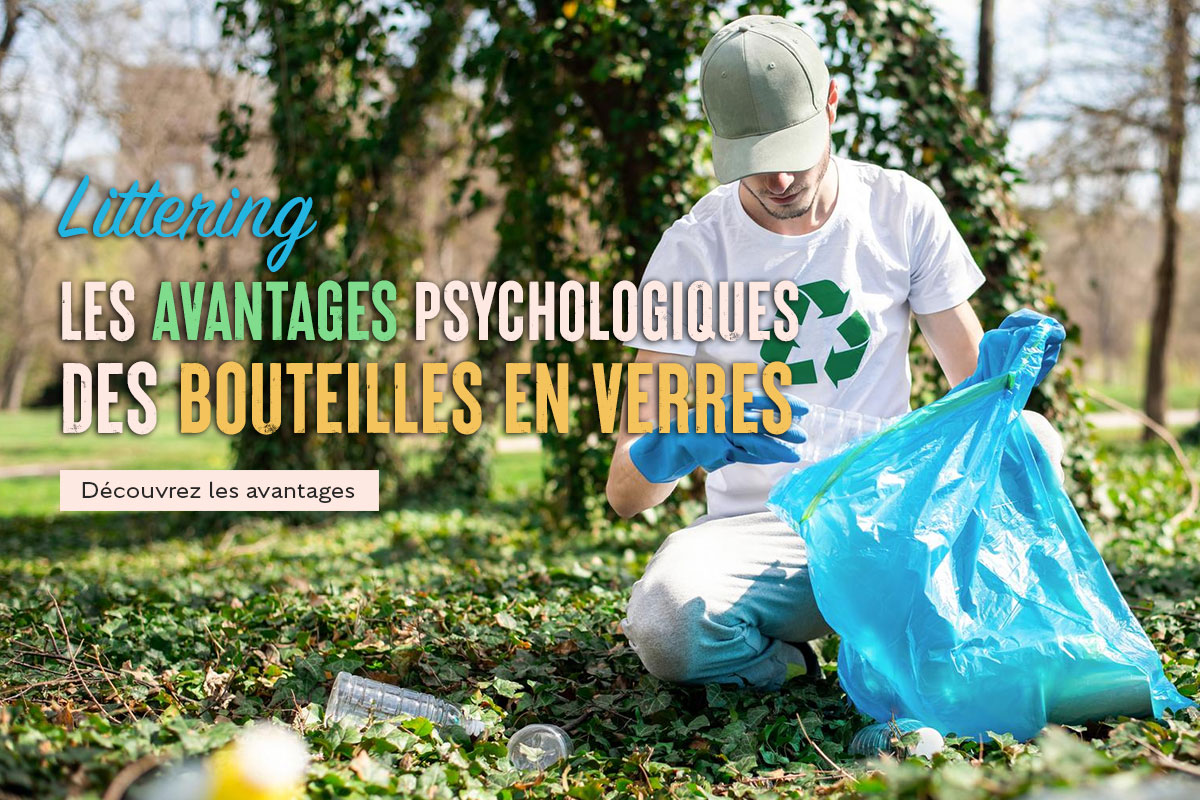
Pollution is a real ecological scourge, destroying many essential resources and disturbing natural balances and ecosystems. We deplore a huge loss of biodiversity and the extinction of several animal and plant species. Preserving our planet is our responsibility, and this is possible on a small scale by avoiding certain actions such as littering.
Littering is a widespread practice of leaving rubbish lying around and not putting it in the right place. This can have serious consequences, especially when it comes to plastics. Find out more about littering and how you can reduce it with glass bottles.
Our dynamic lifestyle gives us a lot of flexibility. For example, we can spend time outdoors sipping a drink and reading a newspaper. We can eat outside when we have not prepared our meal, for example. Although this offers more freedom and spontaneity, it also has many disadvantages, the most important being littering.
Littering is the careless dropping or leaving of rubbish, for example by leaving it on a bench, or by intentionally throwing it away. Flying litter such as plastic bags is the most dangerous, as it can turn up hundreds of kilometres from the place where it was thrown. When waste does not end up in the right place, it becomes impossible to sort it for recycling.
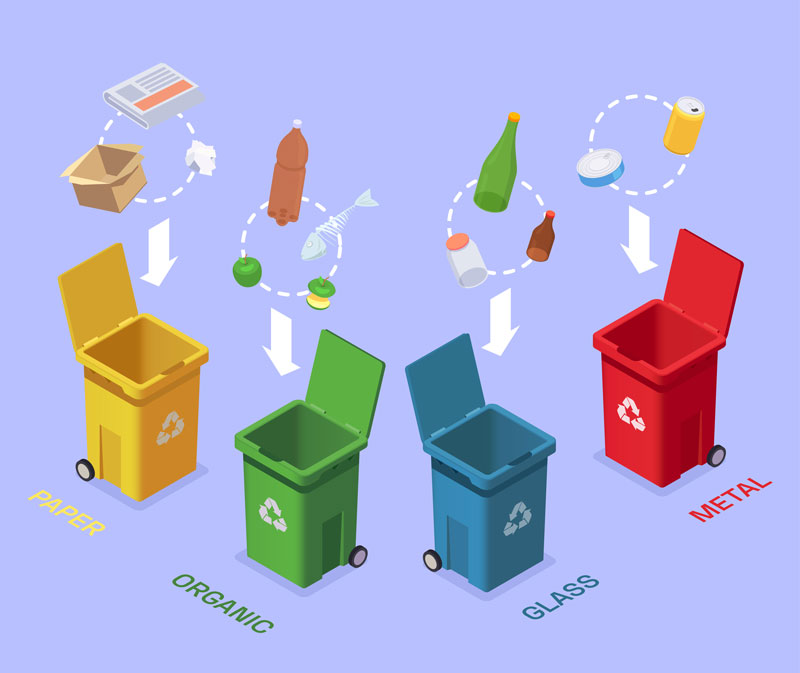
The term upcycling first appeared in the 1990s. The interior designer, Reiner Pilz, used it to oppose the traditional recycling that destroys objects, he called it downcycling. Upcycling was for him the process of adding value to an object, material or product.
Upcycling originated in developing countries, where access to certain consumer goods is quite difficult. Little by little, this practice has been democratised and has been taken up by developed countries, which use it to enhance the value of objects and, above all, to reduce waste.
The major difference with recycling is that a recycled object is generally of lower quality, or at best equal to the original object. Upcycling brings the notion of added value, which is why it brings real aesthetic value. In addition, recycling often involves a transformation process, which requires the expenditure of water and energy. Upcycling, on the other hand, does not chemically transform objects.
There are many causes of littering, the most important of which is refuelling on the way. People buy food and drink and when there are no bins nearby, they leave their waste lying around. Being a consumer society par excellence has also increased littering.
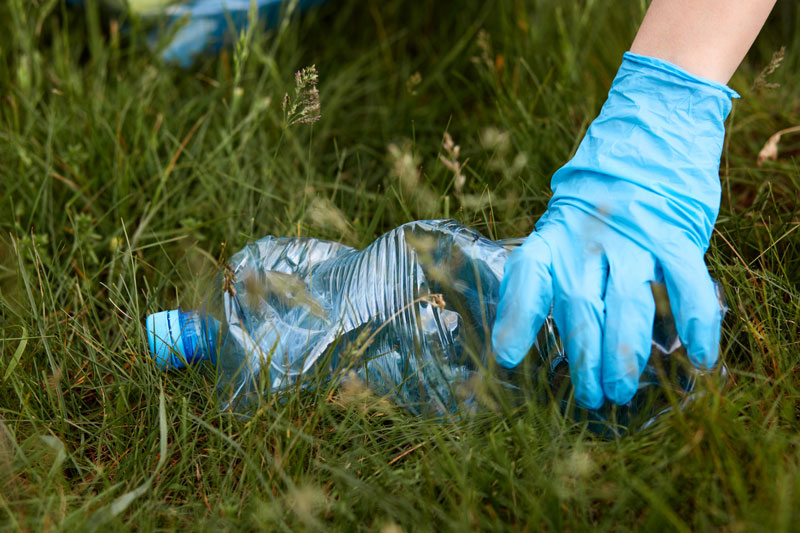
In places that are heavily frequented and used on a regular basis, the vast majority of waste is littered. Having littered pavements and polluted forests has several negative effects.
First of all, litter is very disturbing, studies have estimated that people living in cities with a lot of litter tend to be more depressed than others. In addition, people do not feel safe in an environment polluted by litter. Littering is even said to be responsible for the desertification of certain regions, which become uninhabitable and no animal or plant species can flourish there.
Waste that is not properly disposed of is a major source of pollution. Indeed, waste, when disposed of properly, i.e. recycled, does not deplete natural resources. The waste that is littered ends up in nature and some of it will never be looked at, thus causing immense pollution. Don't think that waste is only thrown away in big cities, some of it is thrown into rivers and streams and ends up in the ocean. This is a real ecological disaster, it is estimated that there are more plastics than plankton in the oceans today.
There are several things that everyone can do at their own level to reduce littering. For example, we only use glass bottles to hold our drinks at the cascara. It is true that glass is part of the litter, but it is less prevalent than plastic, as people tend to be more careful with glass.
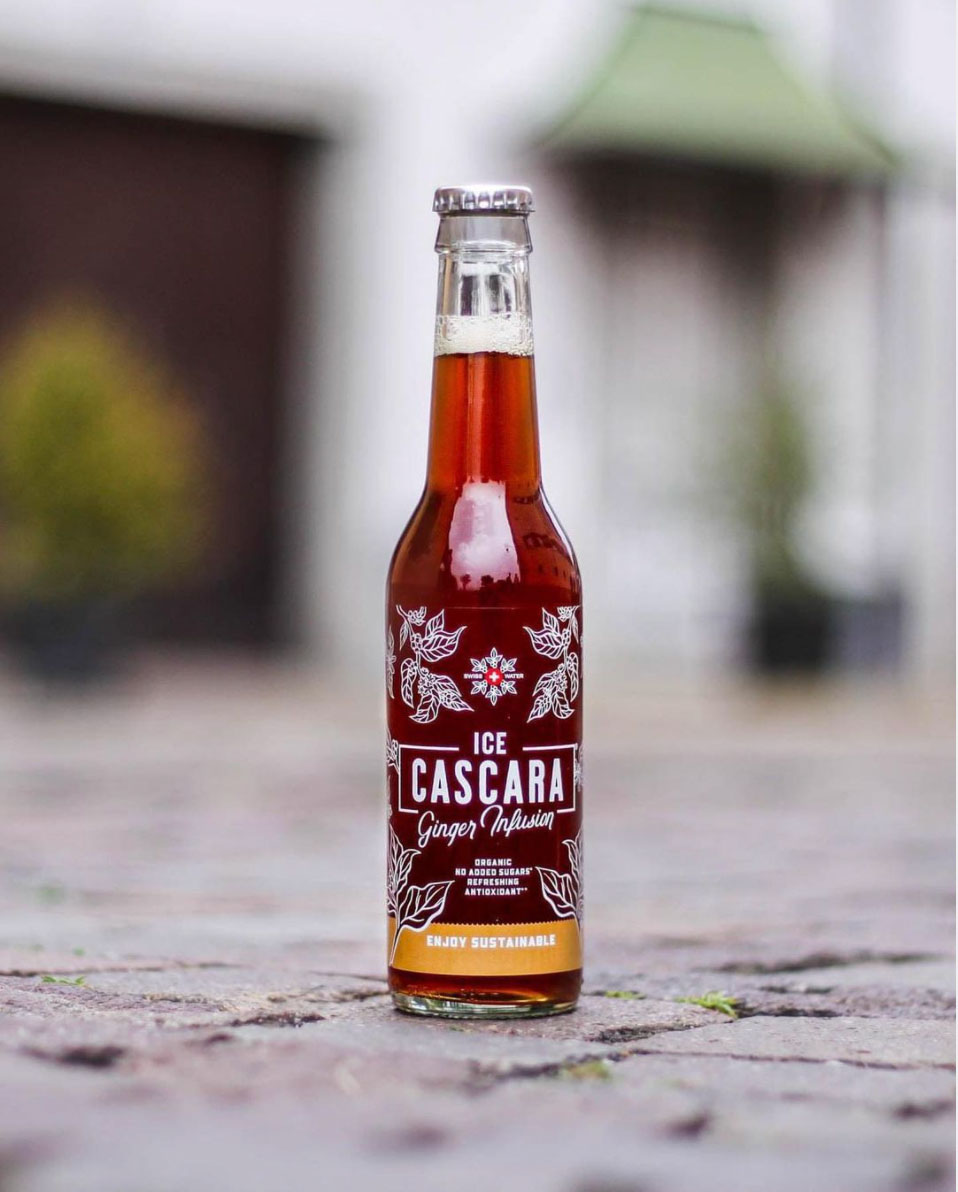
Indeed, it is easier to throw away a plastic bottle than a glass bottle, from a psychological point of view. Indeed, before inadvertently or intentionally leaving a glass bottle lying around, the person thinks more about the consequences it could have. It is well known that glass is dangerous, it could injure a child or start a fire, which is why less glass is thrown away.
Also, the vast majority of people see glass bottles as being reusable, so they are not thrown away, unlike plastic bottles. Glass could therefore be a solution to reduce littering.
We hope you have found this article useful.
The Cascara Society team

Browse other articles :
The company Ecocascara SA, innovator in Europe in the use of water-soluble...
Read this articleIt is important to know that sugar, in particular glucose, is a...
Read this articleLittering is a worrying phenomenon that causes a lot of environmental pollution....
Read this articleIn order to fight against oxidative stress and ageing...
Read this articleMany people consume zero drinks without realizing it.
Read this articleFood packaging is a real environmental hazard. Strong...
Read this article| Cookie | Duration | Description |
|---|---|---|
| cookielawinfo-checkbox-analytics | 11 months | This cookie is set by GDPR Cookie Consent plugin. The cookie is used to store the user consent for the cookies in the category "Analytics". |
| cookielawinfo-checkbox-functional | 11 months | The cookie is set by GDPR cookie consent to record the user consent for the cookies in the category "Functional". |
| cookielawinfo-checkbox-necessary | 11 months | This cookie is set by GDPR Cookie Consent plugin. The cookies is used to store the user consent for the cookies in the category "Necessary". |
| cookielawinfo-checkbox-others | 11 months | This cookie is set by GDPR Cookie Consent plugin. The cookie is used to store the user consent for the cookies in the category "Other. |
| cookielawinfo-checkbox-performance | 11 months | This cookie is set by GDPR Cookie Consent plugin. The cookie is used to store the user consent for the cookies in the category "Performance". |
| viewed_cookie_policy | 11 months | The cookie is set by the GDPR Cookie Consent plugin and is used to store whether or not user has consented to the use of cookies. It does not store any personal data. |